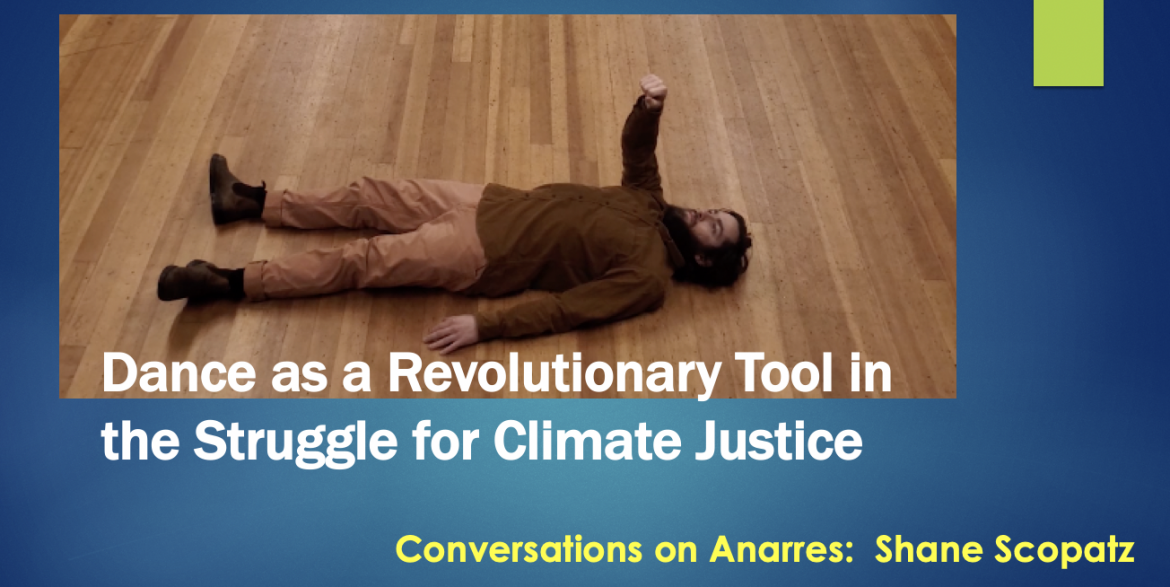By Joseph Orosco (December 29, 2021)
The TrekWars@OSU collective (Dr. Randall Milstein, Dr. Joseph Orosco, and Dr. Jason Scully) gathered together again to discuss the best science fictions stories of 2021. We chose to talk about those sci-fi narratives that most impacted us in some way, either by engaging in innovative storytelling or by engaging us in thinking about future possibilities in new ways.
Our choices for best science fiction for 2021 were:
Randy Milstein: The Nevers, Season 1
Joseph Orosco: The Expanse, Season 6 and Doja Cat, Planet Her
Jason Scully: DC Legends of Tomorrow
We all agreed that the science fiction product that most underwhelmed us was : Dune 2021.
Along the way, we noticed that the theme of rendering care to young people was a growing theme in a lot of science fiction stories this year. We also discussed whether science fiction in the last thirty years has been hemmed in by a cyber punk aesthetic (blended with a neoliberal capitalist reality) that makes it very difficult to imagine, in Jason Scully’s words, a future of “exuberance”.
Let us know what you think. Did we miss something you think helps us grow a radical imagination (quite frankly–there was a lot)? (You can also watch our Best of Sci-Fi 2020 here.)






